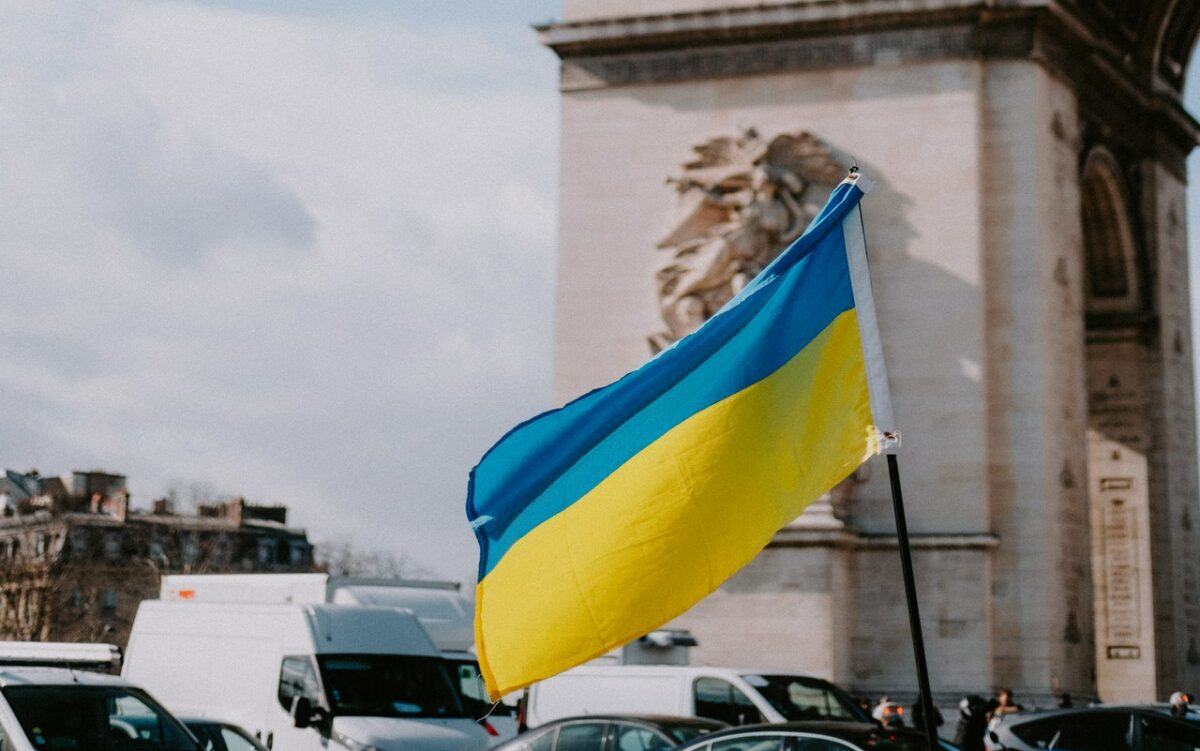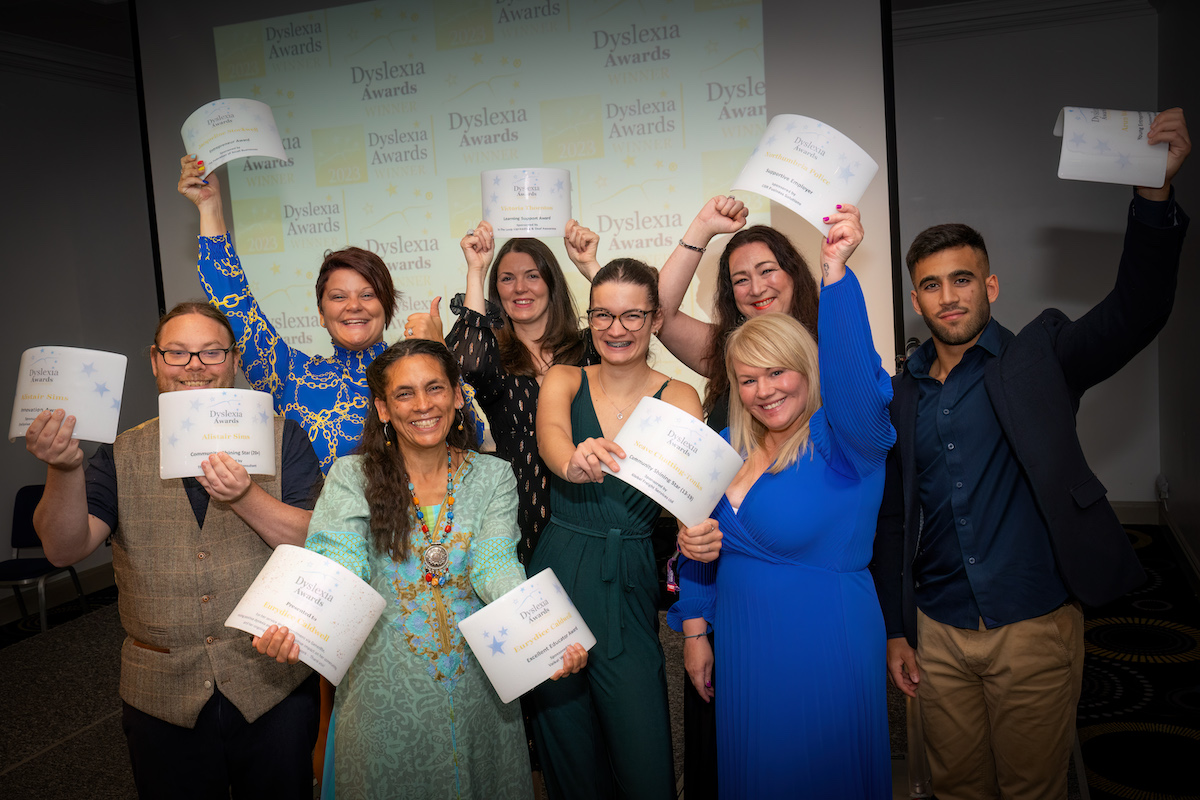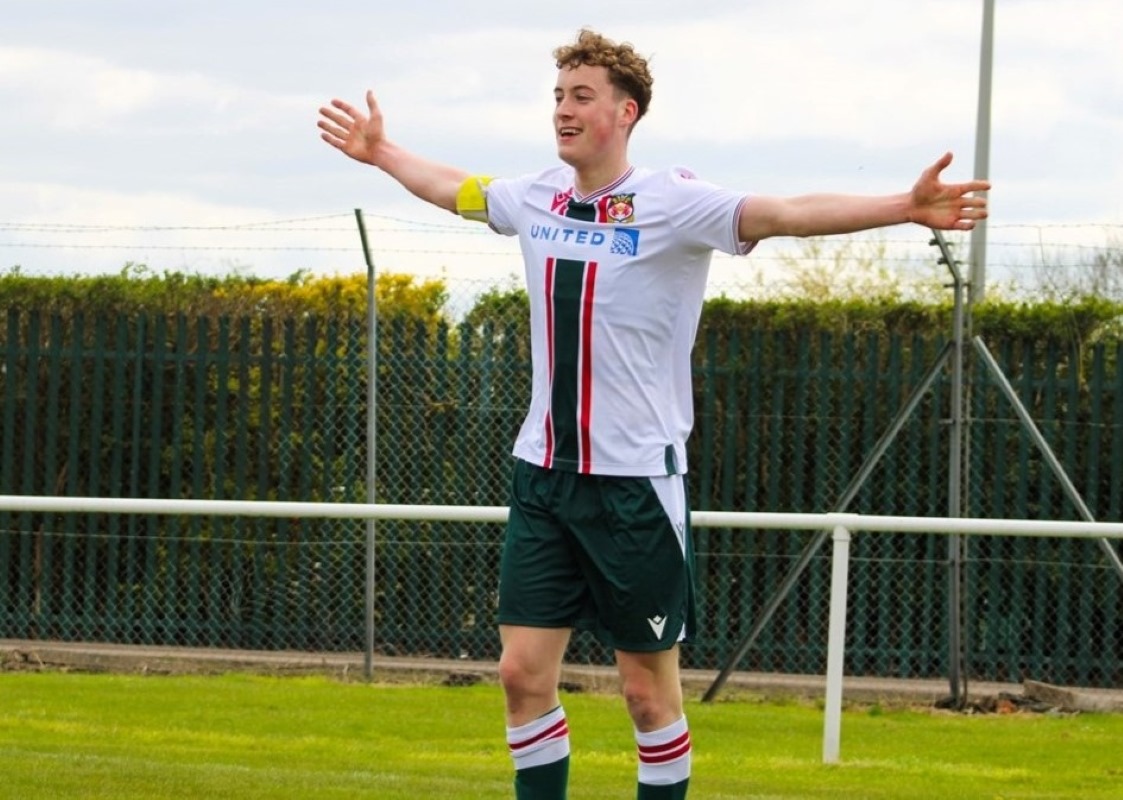Signing ceremony confirms 71 ‘twinning’ partnerships now in place between UK and Ukrainian universities

71 partnerships between UK and Ukrainian universities are now in place with eight more nearing formal agreement, facilitating the sharing of resources and support in a collective gesture of solidarity and reciprocity to help Ukrainian institutions, staff and students.
The scheme has generated huge support since its recent launch by the Cormack Consultancy Group and Universities UK International with UK universities partnering directly with their Ukrainian counterparts for a minimum of five years.
In further confirmation of the impact of the scheme, the signing ceremony – on Ukrainian Constitution Day – comes as the UK government announced £190,000 of financial assistance to establish and support the twinning initiative.
100 academics and university leaders celebrated the ground-breaking university ‘twinning’ scheme between the UK and Ukraine at the event, where 24 institutions signed a formal partnership.
Heads of institutions such as the University of Liverpool, Wrexham Glyndwr University and the University of Glasgow formalised their commitment to partner with Ukrainian universities whose day-to-day operations have been disrupted by conflict.
The partnerships will provide a wide range of practical assistance through:
- Helping to physically rebuild campuses of Ukrainian universities that have been damaged and destroyed.
- Mutually recognising credits so that English-speaking Ukrainian students can take online courses from UK universities that count towards their final degree.
- Allowing Ukrainian teaching and research to continue in UK laboratories and classrooms where their own facilities were destroyed or damaged.
- Facilitating the sharing of academic resources such as libraries and technical equipment.
- Preserving Ukrainian archives in UK institutions; facilitating more cultural and language exchange opportunities.
- Sharing mental health support – particularly for Ukrainian staff and students suffering from Post-Traumatic Stress Disorder (PTSD) due to conflict.
- Allowing Ukrainian students to ‘catch-up’ on the learning they have missed at summer schools hosted in UK institutions.
The scheme will help prevent ‘brain drain’ and ensure Ukraine’s universities not only survive but emerge stronger from the war, allowing them to play a critical role in post-war reconstruction.
It has been coordinated by Cormack Consultancy Group (CCG) with the support of Universities UK International (UUKi), drawing on each group’s expertise in the needs of Ukrainian institutions and the international outreach activities of UK universities.
Kateryna Zhuk, a 6th year student of Medical Institute, Sumy State University, said:
“I have incredible impressions from my participation in the summer school at the University of Liverpool, enjoying the daily modules, excursions and social activities with other students from around the world. I am also impressed with the accommodation provided by the university: with comfortable rooms on campus with all the amenities I need. The lecturers at the summer school deserve particular mention, they are very friendly and positive.
“I am lucky to study here and it has been hugely important to me to help me continue my studies at this time – I will be able to use this experience back at Sumy State University and my future professional activity.”
Professor Dame Janet Beer, Vice-Chancellor of the University of Liverpool and the International Policy Lead on the UUK Board, said:
“UK universities unequivocally condemn Russia’s unprovoked and illegal occupation of Ukrainian territory. This initiative will offer vital support to Ukrainian staff and students determined to continue their learning and research despite the ravages of war.”
“While short-term assistance is crucial, both sides are seeking to build lasting ties of cooperation and cultural exchange that will outlast the war and contribute to the rebuilding of the Ukrainian education system when the war is over.”











Responses